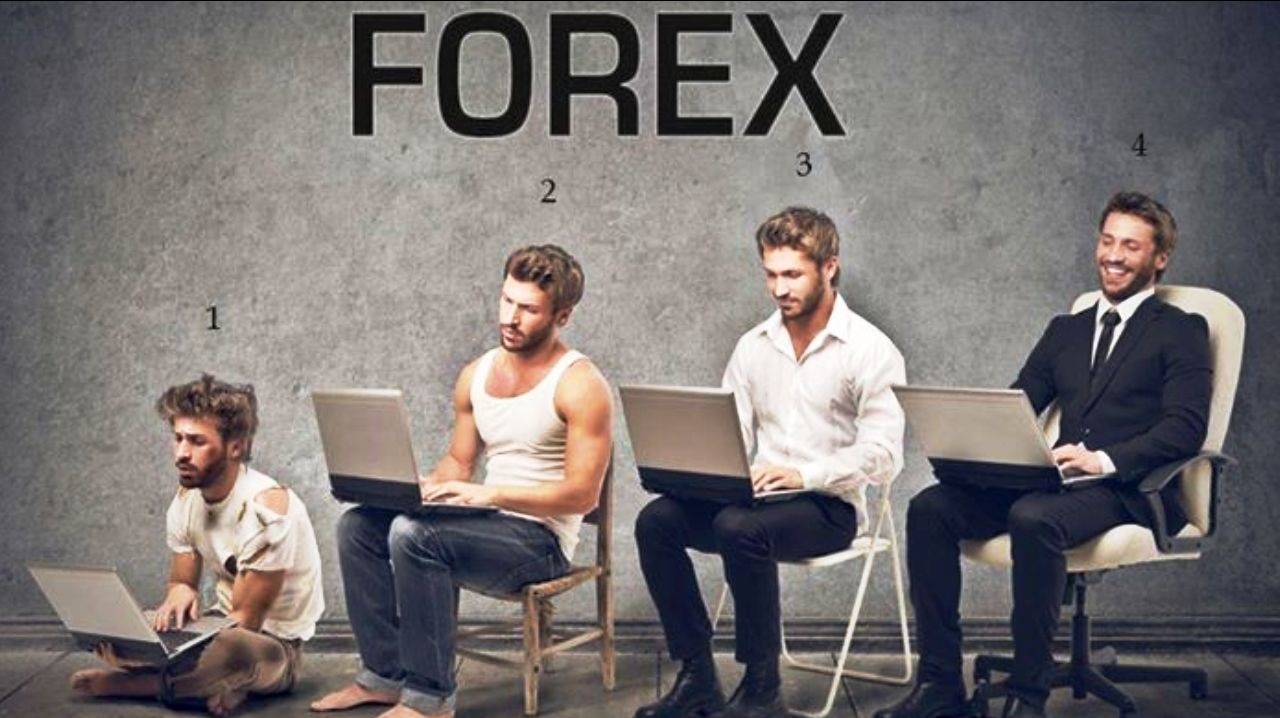

Although it might seem easy to go onto your computer, open a forex account with a broker, deposit some money, and begin trading right away, it hasn't been so easy to do so in the past, as the forex industry has changed significantly over the past couple decades. A stepping stone in the forex market history was when metals like Gold and Silver started being minted into coins. This point in time could be considered the birth of the Foreign Exchange Market.
It was the First World War in 1914 to put an end to the gold standard, since countries, in order to meet the huge expenses, had to print money in large amounts, creating high inflation and making it impossible to guarantee convertibility. After the First World War, a second attempt was made to return to the gold standard, albeit with some modifications, but the 1929 crisis put a definitive end to the attempts of monetary stability.
The supremacy of the dollar in the global financial landscape was enshrined in the Second World War, in 1944, with the Bretton Woods agreement, where was also created the International Monetary System (IMS), a control of currency fluctuations and economic stability organ. It was also determined that only the dollar could be converted into gold at a fixed rate of $ 35 an ounce, setting de facto dollar as the global currency basis.
Prior to the 1970s, forex trading was carried out mainly by large companies who were carrying out business in multiple countries and required the various currencies for international commerce based transactions. Trading forex was executed as a by-product of trading other assets such as commodities and single stocks. Since the 1970s, however, there has been an explosion in the amount of currency trading that occurs for both investment and speculative purposes. As the forex market grew, it gained increasing recognition as a means for individuals to speculate in global markets and in the early 2000’s the online forex trading market was born.
In the 1980’s the movement of money across borders accelerated with the advent of computers and the market became a continuum, trading through the Asian, European and American time zones. Large banks created dealing rooms where hundreds of millions of Dollars, Pounds, Euros and Yen were exchanged in a matter on minutes. Today electronic brokers trade daily in the forex market, in London for example, single trades for tens of millions of dollars are priced in seconds. The market has changed dramatically with most international financial transactions being carried out not to buy and sell goods but to speculate on the market with the aim of most dealers to make money out of money.
To receive new articles instantly Subscribe to updates.